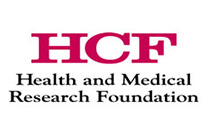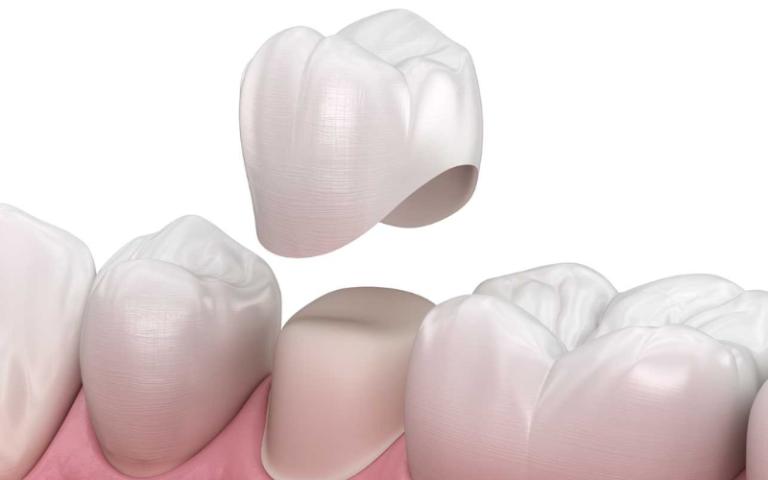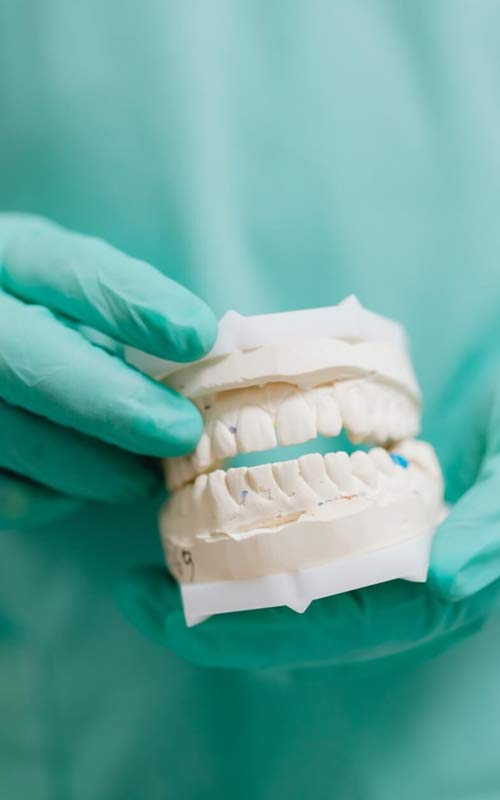
Gentle & Affordable Wisdom Teeth Removal in Cranbourne
At Eve Dental Centre, we specialise in wisdom teeth removal in Cranbourne, offering safe, efficient, and affordable extractions to relieve pain and prevent future dental issues. Whether you’re suffering from impacted wisdom teeth, swollen gums, or jaw discomfort, our experienced Cranbourne dentists provide same-day or emergency wisdom tooth removal services. With advanced imaging, gentle care, and flexible payment plans, we ensure a comfortable experience. Book your wisdom tooth consultation in Cranbourne today and take the first step toward lasting relief.
When Should You Get Wisdom Teeth Removed?
- Swollen or bleeding gums: Often caused by partially erupted wisdom teeth irritating the surrounding tissue.
- Jaw pain or stiffness: A sign that your wisdom teeth may be pressing against nerves or other teeth.
- Bad breath or bad taste in the mouth: Can be due to food and bacteria getting trapped around the tooth, leading to infection.
- Crowding or shifting of other teeth: Wisdom teeth can push against nearby teeth, affecting alignment.
- Recurring infections or gum inflammation: Common with impacted or partially erupted wisdom teeth.
- Impacted wisdom teeth: When the teeth do not fully emerge and remain stuck under the gums or jawbone, often leading to pain and complications.
If you notice any of these symptoms, it’s best to consult with a dentist to discuss whether wisdom teeth removal is necessary.
Hear from Our Happy Patients
Cost of Wisdom Teeth Removal in Cranbourne
If you’re looking for affordable wisdom teeth removal in Cranbourne, you’re not alone. Many patients experience discomfort, swelling, or misalignment caused by wisdom teeth and seek cost-effective solutions without compromising care.
Wisdom Tooth Extraction Cost
The average cost for wisdom tooth extraction in Cranbourne ranges from $250 to $600 per tooth, depending on the tooth’s position, complexity, and whether it’s impacted. We offer transparent pricing with no hidden fees, so you know exactly what to expect.
Medicare & Dental Insurance Eligibility
In most cases, Medicare does not cover general dental procedures like wisdom tooth extraction unless it’s medically necessary and done in a hospital. However, private dental insurance may offer partial or full coverage—check your plan to confirm eligibility.
Flexible Dental Payment Plans
We understand dental procedures can be an unexpected expense. That’s why we provide flexible dental payment plans, so you can manage the cost of your treatment in comfortable instalments without financial stress.
GAP-Free Check-Up and Consultation
Book a GAP-free check-up and consultation today if you’re covered by a participating health fund. Our team will assess your wisdom teeth and provide a personalised treatment plan before you commit to any procedure.
Our Wisdom Tooth Extraction Process
1. Consultation & X-ray
After consultation, a dental X-ray is done before surgery or wisdom teeth extraction. It assists the dentist in examining the position, orientation, and status of your wisdom teeth to help decide on the best procedure and prevent any possible risks.
2. Diagnosis (impacted or erupted tooth)
Your dentist will use X-ray results to determine whether the wisdom tooth is erupted (visible above the gums) or impacted (trapped under the gums or bone). This helps plan the right approach for removal, whether it’s a simple extraction or a surgical one.
3. Local anaesthesia/sedation
Before starting the procedure, the dentist will ensure you’re comfortable by using local anaesthesia to numb the area. For more complex or anxiety-inducing cases, sedation options may also be offered to help you stay relaxed during the procedure.
4. Surgical or simple extraction
If the tooth is fully erupted and easily accessible, a simple extraction is performed, where the tooth is gently loosened and removed. If the tooth is impacted or partially erupted, a surgical extraction may be needed, which involves making a small incision in the gum and possibly removing some bone to access the tooth.
Same-Day & Emergency Wisdom Tooth Removal
Dealing with unbearable pain, extreme swelling, or signs of infection? Don’t wait—get the relief you need with emergency wisdom teeth removal in Cranbourne. Whether it’s a sudden flare-up or an ongoing issue that’s escalated, our team is here to help with same-day extractions.
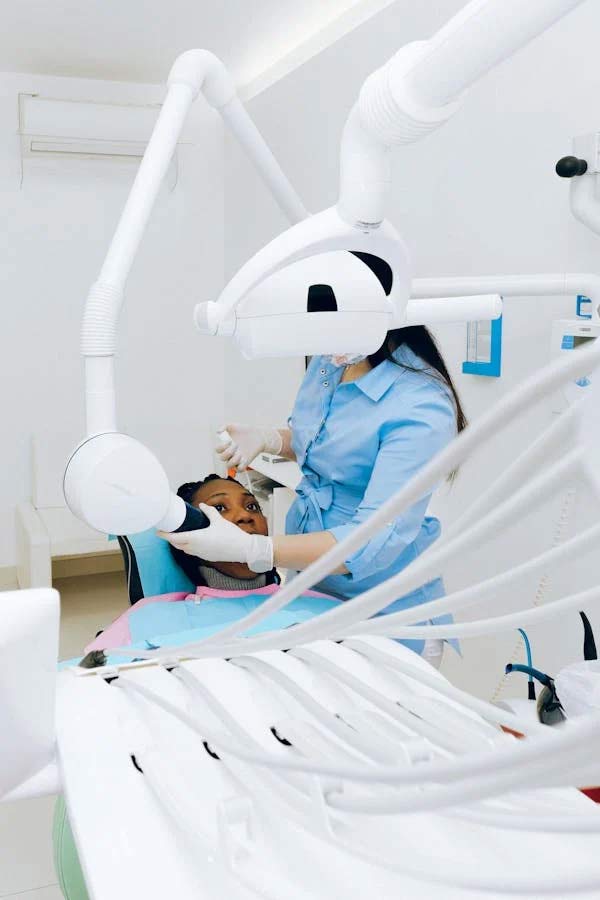
When It’s Urgent: Extreme Swelling, Unbearable Pain, or Infection
Wisdom tooth pain can become severe without warning. If you’re facing extreme swelling, unbearable jaw pain, or signs of infection like pus or fever, you may need emergency wisdom teeth removal in Cranbourne. These symptoms could be due to an impacted or infected wisdom tooth that requires immediate attention to avoid further complications.
How to book a same-day slot
Need fast relief? We make it easy to book same-day extraction appointments. You can call our Cranbourne clinic directly, use our quick online booking form, or visit us in person. Our team prioritises urgent cases and will do everything possible to get you seen by a dentist on the same day.
What to expect
When you arrive for urgent dental care near me, our friendly team will guide you through a quick check-in. You’ll receive a full dental assessment, including digital X-rays if needed. If your condition requires immediate action, the dentist may perform the extraction on the spot. We also provide pain relief and clear aftercare instructions to support your recovery.
Ready for a Pain-Free Wisdom Teeth Solution? Visit Us In Emergency or Any Condition
Book online or call our Cranbourne clinic to get an appointment for the best wisdom teeth extraction solution.
Post-Removal Recovery and Aftercare for Wisdom Teeth
Top Instructions
Follow your dentist’s advice to maintain oral hygiene and manage pain. Do not forget the rules regarding the sterile area and no smoking. In addition, it may be necessary to use ice packs to minimize inflammation as well as take pain relievers on time.
Follow-Up Appointment Requirement
A follow-up appointment is helpful to confirm that the patient has healed well, remove stitches if any, and address any other issues. It makes it easier for your dentist to observe how the surgery site is healing, or in cases of infection and excessive swelling, to take necessary and appropriate action.
Recovery Time
Recovery time depends on the nature of the extraction, but normally takes approximately one to two weeks post-surgery to heal. Healing completely may be a matter of several months or longer if the teeth were ruptured or if an infection developed during surgery.
Helpful Aftercare Tips
Ice packs will help in checking for inflammation. Avoid hard or chewy foods. Sleeping with the head raised, especially if you are experiencing a stiff neck. Consume a soft-food diet, to clean the mouth, use salt water rinsing without swallowing, and do not use your tongue or fingers to rub over the operated area.
Recommended Foods and Beverages
The initially recommended foods should include things like yogurt, mashed potatoes, smoothies, and such other products as soup. Refrain from taking foods that can cause heartburn, increase discomfort or are spicy or crunchy. Take as many fluids, but do not use a straw because the sucking motion can dislodge it.
Medications
Your dentist may recommend the use of painkillers like Paracetamol or Ibuprofen, or even prescribe something stronger. Sulfa drugs might be needed to prevent infections, specifically if there were signs the patient had an infection or if the extraction was difficult.
Say Goodbye to Wisdom Teeth Pain
Ready to relieve your discomfort? Book a consultation with our expert dental team today to discuss your wisdom teeth removal options. Take the first step towards a pain-free smile.
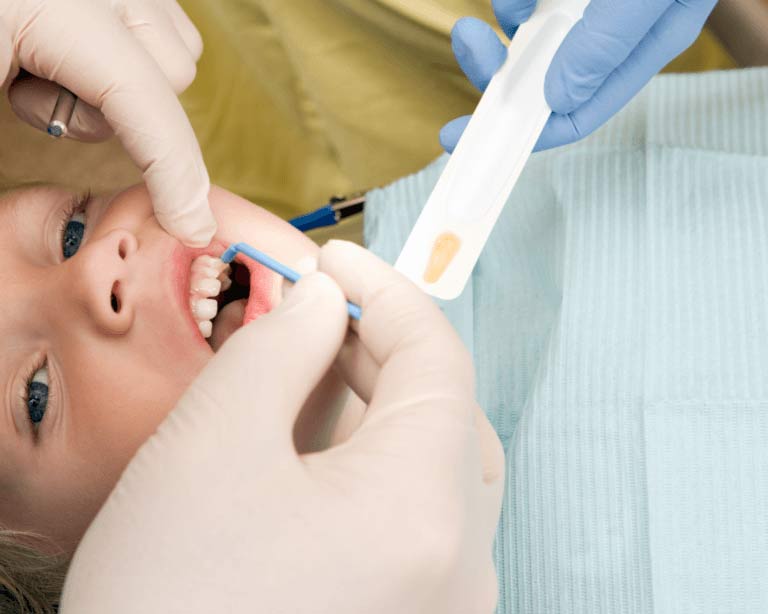
Why Choose Eve Dental Centre for Wisdom Teeth Removal?
Eve Dental Centre is an established clinic for wisdom teeth removal. Here are the top reasons why you should consider us for this treatment:
- Experienced Local Dentists in Cranbourne: Our clinic has highly experienced dentists for wisdom teeth removal who understand the unique needs of Cranbourne patients. You’re in safe, skilled hands with professionals who have performed countless extractions.
- Advanced Imaging & Equipment: We use the latest digital imaging and dental technology to assess wisdom tooth positioning accurately and perform precise, minimally invasive extractions.
- Patient Comfort-First Approach: Your comfort is our priority. From gentle techniques to clear communication, we ensure a stress-free experience for every patient.
- 5-Star Reviews & Trusted by Locals: We’re proud to be a top-rated dental care provider in Cranbourne, with consistent 5-star reviews and a strong reputation built on trust, care, and excellent outcomes.
- Affordable Options: We have affordable rates and accept most insurance plans to ensure all patients get the Wisdom Teeth Removal and dental care they need.
- Long-Term Oral Health Focus: We don’t only focus on fixing problems you already have, but we want to make sure your teeth are healthy for the years to come.
Wisdom Teeth Removal Questions For Your Quick Help
Surely, you can find the best answers to common concerns about wisdom teeth removal.








